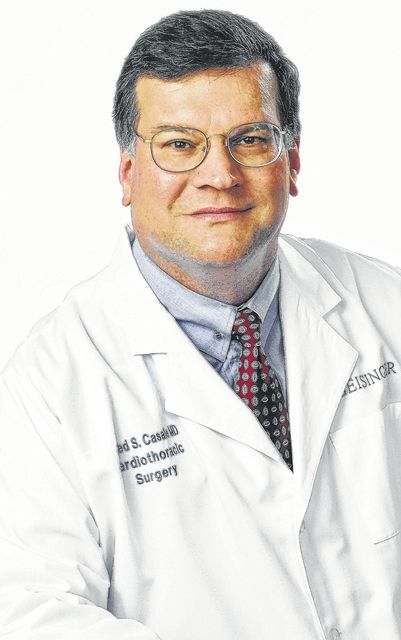Click here to subscribe today or Login.
Kate and her best-friend-for-life, Karen, met on the playground at school in Baltimore when Kate was 3 1/2 and, Karen, 4 1/2. They’ve been closer than most sisters ever since, and now, decades later, just happen to live miles apart in Chicago. Both have delightful little girls and little Mary’s and Rowan’s ages are just about as close as their moms’.
Watching Kate and Karen share tips, advice, ideas and stuff has been really gratifying. Sometimes it’s weird seeing Ro in clothes I know I’ve seen before on Mary!
There are though, some things that never should be shared. Prescription drugs top the list.
Even if you’re sure that someone has the same problem for which someone else had a drug prescribed, don’t give in to the temptation to save time, money or trouble by using leftover medicines.
Trust me, you’re asking for big trouble. Not only can you be wrong about the diagnosis, but the choice of the drug, the dose, the duration of treatment, the interactions with other medicines, diet, over-the-counter products, allergies, sex, age and activities can ALL be wrong and have disastrous consequences. And just because you “got away with it” once, don’t play Russian roulette; eventually you’ll lose.
So let’s talk about what to do with left over drugs. They’ve got to go. It’s sad to admit this but about ½ of drug abuse by teens involves raiding family medicine cabinets. Stealing pills, swapping over the counter products for prescribed drugs and other diversions occur way too often and lead to tragedy. Twenty percent of high school kids say that they’ve taken prescription meds for non-medical reasons. Ninety-five percent of unintentional and undetermined poisoning in homes involves drugs. Every 15 minutes a child under 4 overdoses accidentally on meds. Pets and the elderly are frequent victims of accidental poisoning by prescription or over the counter drugs.
OK, now that you’re convinced, how do you get rid of drugs that are not used or have expired?
The advice has changed. In the old days the answer was flush them all. Today that’s only appropriate for truly dangerous opioids that must be taken out of circulation immediately and only when the better alternative of getting them to a “Take Back” program is unavailable. We’re lucky in NEPA that there are plenty of these programs. They save us from the worry of having all those flushed drugs get into the water supply since many are not removed by our waste water treatment processes. We’ve all seen pictures of the two-headed fish or ones with sex characteristics of both types and we’ve heard stories of Franken-creatures attributed to contaminated water. Not good.
Search the web for “PA Drug Take Back Program” and you’ll find a list of the many sites in our area that will accept prescribed or over the counter drugs for disposal. The federal Drug Enforcement Agency’s Division of Diversion Control at 1-800-882-9539 keeps another list, as does the FDA at 1-888-463-6332 as well as other organizations that show up when “Disposal of Unused Medicines” is searched online.
Only in the rare circumstance that you can’t get to a “Take Back” site should you use the “last ditch” process that has been developed. This process is not for opioids, narcotics, used patches or other drugs on the DEA list of “Flushable Dangerous Drugs” that are just too dangerous to put in the trash, but only for less lethal products and than only if you can’t get them to a “Take Back” site.
The “last ditch” process is: 1. Mix intact (don’t crush) pills, capsules or tablets with something nasty like coffee grounds, kitty litter or mud to make kids a little less likely to see it as candy.
2. Place the mixture in a secure container like several plastic bags, a plastic bottle or box and tape it shut.
3. Put it in your trash, hidden in something and bagged if possible.
4. Destroy the labels from the bottles to protect your personal information.
To summarize: 1. Don’t share meds. 2.Get rid of all old, unused meds ASAP by bringing them to a pharmacy, hospital or police department listed on one of the websites above or by calling the DEA or FDA. 3. If you can’t, flush the really dangerous ones, like opioids and narcotics and use the “last ditch” process to trash the rest. 4. Share baby clothes. 5. Don’t eat weird fish.








